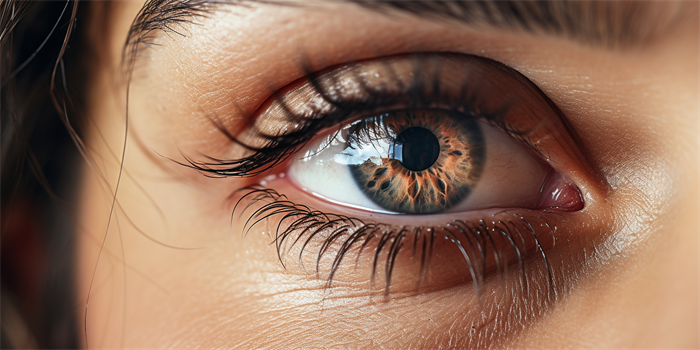Can I Eat Beef After Microblading in Papua New Guinea?
Microblading, a popular semi-permanent makeup technique, involves creating fine incisions in the skin to deposit pigment, resulting in the appearance of natural-looking eyebrows. While this procedure is widely sought after for its aesthetic benefits, it also requires careful post-treatment care to ensure optimal healing and prevent complications. One common query among individuals undergoing microblading in Papua New Guinea is whether they can continue their regular diet, including the consumption of beef, post-procedure. This article delves into various aspects to provide a comprehensive understanding of dietary considerations following microblading.

1. Importance of Post-Microblading Care
Immediately after microblading, the treated area is particularly vulnerable to infections and other complications. Proper care is essential to promote healing and maintain the integrity of the microblading results. This includes keeping the area clean, avoiding direct sun exposure, and being mindful of what you eat. Certain foods can potentially irritate the skin or slow down the healing process, making it crucial to understand their impact.
2. Potential Risks of Consuming Beef Post-Microblading
Beef, being a rich source of proteins and other nutrients, is generally part of a balanced diet. However, it can also be a source of potential allergens or irritants for some individuals. Consuming beef shortly after microblading might lead to itching, redness, or swelling at the treated area if the individual is sensitive to beef proteins. Additionally, beef is known to be a high-histamine food, which can exacerbate inflammation. Therefore, it is advisable to monitor how your body reacts to beef after microblading.
3. Dietary Recommendations Post-Microblading
To ensure a smooth recovery, it is recommended to follow a diet rich in vitamins, minerals, and antioxidants. Foods that are high in vitamin C, such as citrus fruits, and those rich in omega-3 fatty acids, like fish, can promote healing. It is generally advised to avoid spicy foods, alcohol, and caffeine, which can cause vasodilation and potentially lead to bleeding or swelling. As for beef, if you are not sensitive to it, moderate consumption might be acceptable, but it is best to consult with your healthcare provider or the professional who performed the microblading.
4. Monitoring Your Body’s Reaction
Each individual’s body reacts differently to treatments and dietary changes. After microblading, it is important to be vigilant about any signs of an allergic reaction or irritation. If you notice increased redness, swelling, or discomfort after consuming beef, it might be wise to avoid it temporarily. Regularly monitoring your body’s response to different foods can help you identify potential triggers and adjust your diet accordingly.
5. Consultation with Professionals
Before making any significant changes to your diet post-microblading, consulting with a healthcare provider or a dermatologist is highly recommended. They can provide personalized advice based on your medical history and current health status. Additionally, the professional who performed your microblading can offer specific post-treatment dietary guidelines to ensure the best possible outcome.
FAQ
Q: How long should I avoid eating beef after microblading?
A: It is generally safe to consume beef after microblading, but if you notice any adverse reactions, it is advisable to avoid it for at least a week or until the treated area is fully healed. Always consult with your healthcare provider for personalized advice.
Q: Can I eat other meats after microblading?
A: Yes, you can eat other meats as long as you are not sensitive to them. It is important to monitor your body’s reaction and follow a balanced diet that promotes healing.
Q: What are the signs of an allergic reaction after microblading?
A: Signs of an allergic reaction can include severe itching, increased redness, swelling, or blistering at the treated area. If you experience any of these symptoms, seek medical attention immediately.
In conclusion, while beef can be part of a healthy diet, its consumption post-microblading should be approached with caution, especially if you have known sensitivities. By following professional advice and monitoring your body’s reactions, you can ensure a safe and successful recovery from microblading.




